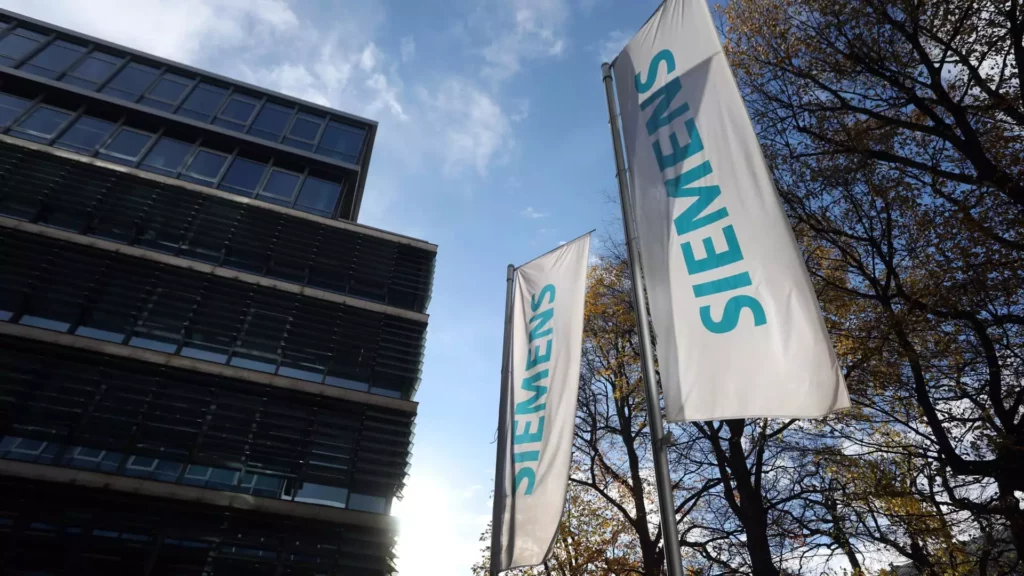![]()
Siemens, a prominent German technology company, recently reported a decline in profit at its industrial business during the fiscal second quarter. The industrial profit decreased to 2.51 billion euro, down 2% from the same quarter last year. This figure fell below the company’s analyst forecast of 2.68 billion euro, as reported by Reuters. The net income also saw a significant drop to 2.2 billion euro, down 38% year-on-year, with sales decreasing by 1% to 19.16 billion euro. These numbers reflect a challenging quarter for Siemens’ industrial sector.
Siemens’ automation division, which is a key component of its digital industries business, experienced a sharp decline. The CEO, Roland Busch, mentioned that there was a decline of minus 20% in this division. He attributed this decrease to the record-high performance in the previous quarter and highlighted the ongoing weakness in the Chinese market as a significant factor. Despite this decline, Busch described the overall quarter as “solid,” emphasizing the strong demand for their products and the growth drivers in digitalization and sustainability.
Lower demand in China was identified as a primary contributing factor to the decline in the automation division. Busch pointed out that weaker private consumption, stagnant exports, and reduced direct investments were the primary reasons for this trend. However, he expressed confidence in the resilience of the Chinese market, stating that there was “no doubt” that China would bounce back eventually. This highlights a temporary setback rather than a structural issue.
Stock Levels and Automation Demand
The surge in demand for automation technology in previous years led to an increase in stock levels for Siemens. Busch explained that reducing these stock levels was currently causing a “destocking effect,” which was impacting the division’s performance. He acknowledged that this process was taking longer due to the lower demand but reassured that it was a necessary adjustment for the company’s long-term sustainability.
Siemens’ industrial business faced challenges in the fiscal second quarter, particularly in the automation division. The decline in profit and sales, coupled with lower demand in the Chinese market, posed obstacles for the company. However, the CEO remained optimistic about the future, citing strong product demand and growth drivers as key strengths. Siemens will need to address the issues in its automation division and adapt to changing market conditions to ensure continued success in the digital industries sector.

Leave a Reply